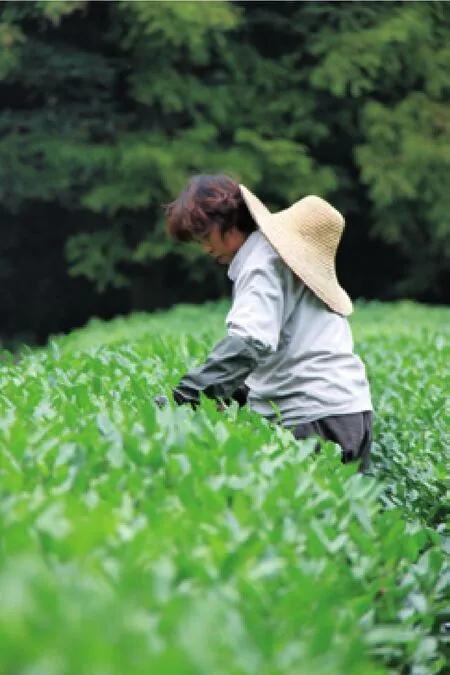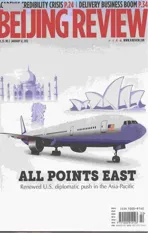Tea Time In Hangzhou
2012-10-14ByBrandonTaylor
By Brandon Taylor
Tea Time In Hangzhou
By Brandon Taylor
There’s a saying in China: Above is heaven, below is Hangzhou. Having visited this city in east central China, I’m willing to vouch for this ancient adage, one that suggests heaven’s beauty has somehow trickled down to Earth. But I would suggest a slight amendment: Above is heaven, below is Hangzhou and people, and people, and people.
The lakes, hills and pagodas make Hangzhou China’s most visited tourist destination—around 20 million foreign and domestic tourists visit each year.
Hangzhou is known for tea, some of the best and most expensive in China. The hills and valleys to the west of Hangzhou that I saw were littered with villages and tea plantations. That’s where I needed to be.
The invasion of tourists for the holiday made it impossible to flag down a cab to the villages. Buses were too crowded; biking was too dangerous. So I walked. My hostel concierge said it would take two hours to hike to Longjing, the closest and most popular village. It ended up taking me five and a half.
The road to Longjing, which means “Dragon Well,” snaked up hills and down into valleys, before rising again, much like the curvature of a dragon’s body. After leaving the main road and trekking up a dirt trail I finally reached the village just as the rain picked up again.
Approaching Longjing, my head concealed by the hood of my jacket, many of the villagers paid me no attention. When they realized I was a foreigner, the calling began.
With each little tea house I passed, an equally-small Chinese woman would pop out and scurry my way. “You, drink green tea?”each asked. Although meant to be a question, it sounded more like a command. Since coming to China, I’ve been told to drink green tea. If I have a head cold, drink green tea. If my stomach aches, drink green tea. If my leg hurts, drink green tea. My feet were cold and wet from trudging through the rain and mud all day, so even without the locals’ insistence, I wanted to drink green tea.

ONE LEAF, TWO LEAF: A farmer near Meijiawu, west of Hangzhou, picks tea leaves on one of the tea leaf plantations in the small town
Before I could answer, an elderly arm would be latched around mine, dragging me in the direction of a few large umbrella-covered tables.
At each house, I had the same tea, Longjing Tea, one of the most popular and pricey varieties in China. The more expensive cups were brewed with water from the dragon well and at 80 yuan ($12) a pop I expected nothing short of magical. They didn’t disappoint. Each tasted just a little different from the last; some are stronger than others, but all refreshing and providing a boost of energy for my long trek to the village.
The last tea house I stopped in was my favorite. It was a simple house: a two-storey, white walled construction with one door and no windows. A sign with the character for tea (cha) hung above the doorway and there were one table and one chair—an appropriate setup for me, the lone traveler—out front. A few chickens clucked about.
Walking toward the house, a small woman saw me and ran out to usher me the rest of the distance—about 10 feet—to the chair. She ran inside, brought out a cup, threw in some tea leaves, repeating the words “Longjingcha” several times and then added hot water. After each sip, she would quickly refill my cup. With free refills, by the time I had finished, I’d consumed about four cups of tea for the price of one.
Now full of tea, and in need of a bathroom, I decided to wrap up tea time. I thanked the woman, bought a small box of tea handpicked by her family and made my way back up the hill and out of the village to the nearest bus station.
The next day I ventured even further into the hills to the tea fields of Meijiawu. And much like in Longjing, the calls to “Drink green tea” were prevalent. It was time for tea, again, and I spent the rest of the afternoon sipping tea, exploring the quiet village and enjoying short walks through the peaceful, tourist-free hills.
The author is an American living in Beijing
